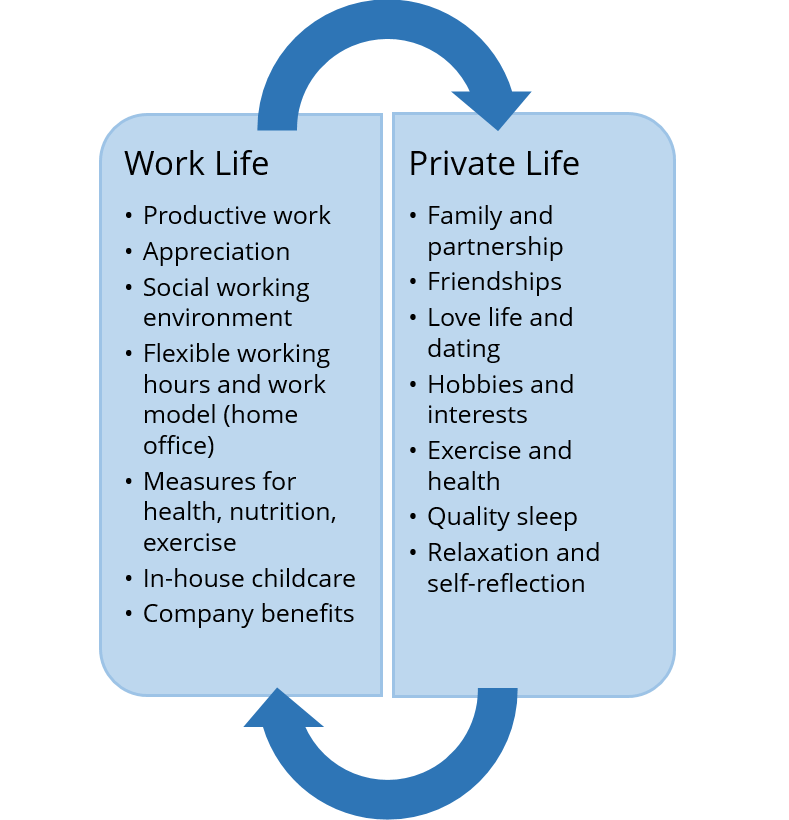

In today’s fast-paced and interconnected world, achieving a work-life balance has become increasingly challenging. And while the concept may seem elusive to many, it can be especially difficult for self-employed professionals who often find themselves juggling multiple roles and responsibilities. The self-employed income calculator is an indispensable tool for self-employed professionals seeking to achieve work-life balance. By accurately tracking and analyzing their income, individuals can gain a clear understanding of their financial situation and make informed decisions about their work commitments. Yet, amidst the hustle and bustle of entrepreneurship, there lies an opportunity to thrive in both personal and professional realms. This article explores the strategies and mindset needed to strike a harmonious balance between work and life as a self-employed professional – empowering individuals to not only succeed in their businesses but also live fulfilling lives outside of work.
The importance of work-life balance for self-employed professionals
Maintaining a healthy work-life balance is crucial for self-employed professionals who often find themselves working around the clock. While the flexibility of being your own boss can be appealing, it comes with its own set of challenges. Neglecting personal life can lead to burnout and diminish productivity in the long run.
One of the key reasons why work-life balance is important for self-employed professionals is that it allows them to recharge and rejuvenate. Taking regular breaks, pursuing hobbies, and spending quality time with loved ones can help prevent exhaustion and maintain mental well-being. This not only enhances overall happiness but also positively impacts productivity when they return to work.
Additionally, achieving a work-life balance helps self-employed professionals better manage their time and prioritize tasks effectively. By setting clear boundaries between work and personal life, they are able to maximize efficiency during working hours without neglecting important personal commitments or sacrificing their well-being.
Prioritizing self-care and personal well-being

In our fast-paced, constantly connected world, it’s easy to put self-care on the backburner in favor of work and other responsibilities. However, prioritizing self-care and personal well-being is crucial for maintaining a healthy work-life balance as a self-employed professional. Taking care of yourself not only benefits your physical and mental health but also improves productivity and overall success.
One way to prioritize self-care is by setting boundaries between work and personal life. When you’re your own boss, it’s tempting to work around the clock without taking breaks or days off. However, this can lead to burnout and decreased productivity over time. Setting clear boundaries for when you will work and when you will take time for yourself not only allows you to recharge but also ensures that you have quality time for family, hobbies, and relaxation.
Creating a supportive work environment at home
Creating a supportive work environment at home is essential for self-employed professionals to thrive in their careers. One effective way to achieve this is by setting boundaries between work and personal life. It can be tempting to blur the lines when working from home, but having a designated workspace and clear working hours helps maintain balance. By establishing these boundaries, you signal to yourself and others that your work time should be respected, thus reducing interruptions and distractions. Understanding and maximizing freelance expense deductions is crucial for self-employed professionals seeking to achieve a successful work-life balance.
Another crucial aspect of creating a supportive work environment at home is fostering open communication with family members or roommates. Consistently sharing your schedule, priorities, and expectations allows them to understand the importance of uninterrupted work time and offer their support accordingly. This can involve simple measures like minimizing noise during important calls or respecting closed doors as signals for focus mode. Moreover, involving loved ones in setting achievable goals together can not only strengthen your connection but also provide an additional layer of accountability that promotes productivity.
The benefits of outsourcing and delegating tasks
Outsourcing and delegating tasks can be a game-changer for self-employed professionals looking to achieve a healthy work-life balance. By offloading certain responsibilities to trustworthy individuals or agencies, entrepreneurs can reclaim their time and energy for more important matters. Not only does this allow them to focus on key business tasks, but it also enables them to pursue personal passions and take better care of their mental and physical well-being. In essence, outsourcing is an investment in oneself.
One of the major benefits of outsourcing is the ability to tap into specialized expertise that may not be readily available within the entrepreneur’s skill set. Utilizing the services of professionals who possess specialized knowledge in areas such as accounting, marketing, or website development can significantly enhance productivity and quality of work. Moreover, outsourcing often provides access to cutting-edge technology and tools that might be too expensive for an individual to acquire on their own.
Conclusion: Achieving work-life balance as a self-employed professional
In conclusion, achieving work-life balance as a self-employed professional requires intention, discipline, and self-awareness. It is important to set clear boundaries between work and personal life and prioritize self-care. By establishing a schedule that allows for dedicated time for both work and relaxation, one can maintain optimal productivity without sacrificing leisure activities.
Moreover, understanding the importance of delegation and outsourcing can greatly contribute to achieving work-life balance. Recognizing that we don’t have to do everything ourselves is crucial in avoiding burnout and ensuring sustainable success. Hiring virtual assistants or utilizing online platforms for tasks like social media management or bookkeeping can free up valuable time to focus on more essential aspects of business while still maintaining personal life commitments.
Ultimately, self-employed professionals must remember that work-life balance is not a one-time achievement but an ongoing practice. Flexibility and adaptability play key roles in adjusting routines as circumstances change. By continuously evaluating priorities and making necessary adjustments to ensure harmony between professional responsibilities and personal well-being, one can create a fulfilling career while still enjoying all the wonders life has to offer outside of work.




